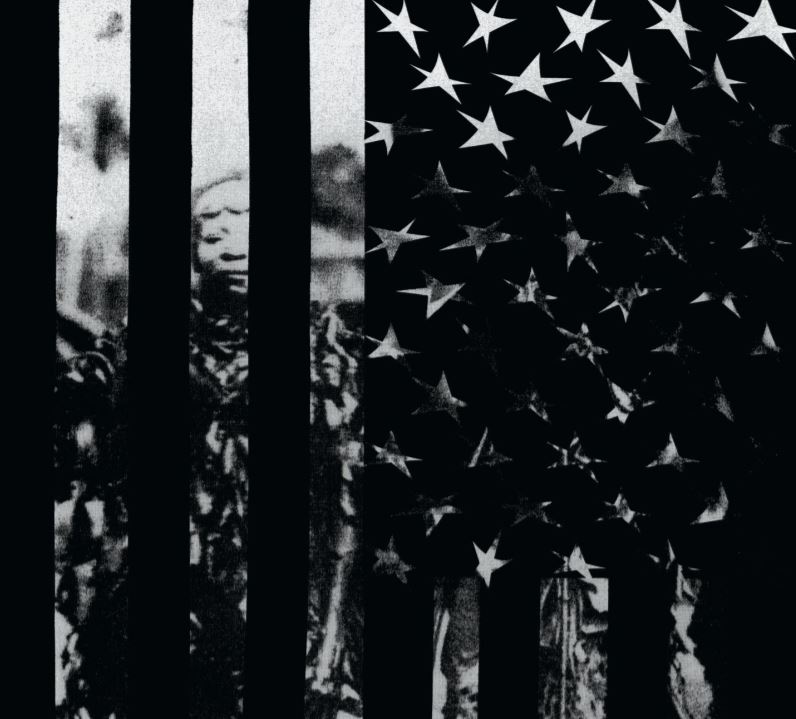On November 5, 2020, over one hundred educators gathered virtually for a conversation on The 1619 Project, and about how to connect the project to their classrooms. The 1619 Project, inaugurated with a special issue of The New York Times Magazine in August 2019, challenges us to reframe U.S. history by marking the year when the first enslaved Africans arrived on Virginia soil as our nation's foundational date. Through over thirty visual and written pieces from historians, journalists, playwrights, poets, authors, and artists, the issue examines the following questions:
- How do societal structures developed to support the enslavement of Black people, and the anti-Black racism that was cultivated in the U.S. to justify slavery, influence many aspects of modern laws, policies, systems, and culture?
- How have resistance, innovation, and advocacy by Black Americans over the course of American history contributed to the nation's wealth and the strengthening of its democracy?
Pulitzer Center education staff introduced participants to the print and digital resources connected to the project, shared curricular materials developed by the Center, and explored ways that educators throughout the U.S. have introduced the project to their classes.
Christina Sneed, an educator at University City High School in St. Louis, then discussed her engagements with the project in spring 2020, and shared best practices and examples of student work. Sneed created a note catcher for participants to engage with throughout her presentation. Below is a full list of resources that were shared during the webinar:
- Watch the webinar recording
- Pulitzer Center's Slides
- Christina Sneed's Slides
- Christina Sneed's Google Site
- Note Catcher
- Full issue of The 1619 Project
- Pulitzer Center's curriculum page for The 1619 Project
Participants used a live-chat feature to reflect and ask questions during the Q&A portion of the webinar, which was facilitated by Pulitzer Center Associate Director of Education, Fareed Mostoufi, and K-12 Education Intern, Mary Nance. One participant shared a reflection in the chat—that many other participants echoed—in response to Sneed's presentation: "Thank you for articulating the challenges facing educators as we expose students to history. It's a subject that has far too long been ignored."
In a post-webinar evaluation, participants provided thoughtful responses to what they learned. Read on for a few examples of their reflections on the session:
"I feel empowered to champion the material."
"Christina Sneed gave examples of having students explore the introduction of the term "race" and criticisms of the project. It reminded me that any text is an opportunity to teach "How to think" and "How to approach texts.""
"Christina's passion and pride was inspiring—I have seen how my students have been impacted by (what now feels like) the little bit I do, and I'm encouraged and excited to dive even deeper and do even more with next semester's students!"
The Pulitzer Center invites educators to view the webinar at their convenience to discover tools for connecting their students with reporting on today's crucial issues.
Have you used The 1619 Project in your classroom? Please contact [email protected] to tell us about your experience and how we can support you, or if you have any other questions.







